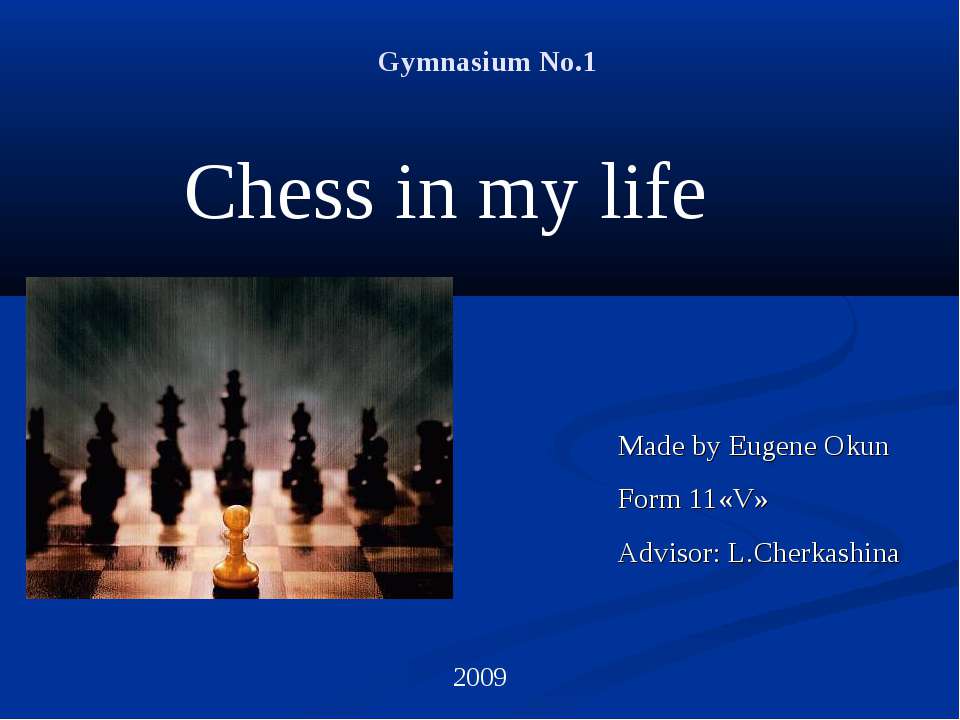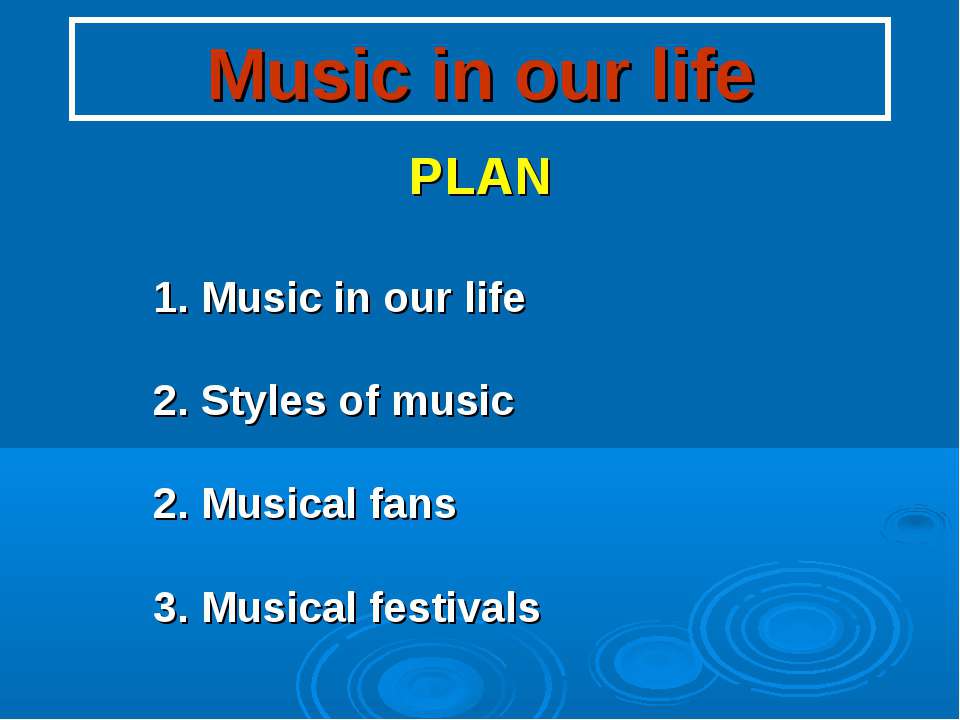TV in our life

- Рубрика: Презентации / Презентации по английскому языку
- Просмотров: 269
Презентация для классов "TV in our life" онлайн бесплатно на сайте электронных школьных презентаций uchebniki.org.ua
TV has its good side. It can be entertaining and educational, and can open up new worlds for kids, giving them a chance to travel the globe, learn about different cultures, and gain exposure to ideas they may never encounter in their own community. Programs with positive role models can influence people to change their behavior for the better. However, the reverse can also be true: Kids are likely to learn things from TV that parents don't want them to learn. TV can affect kids' health and family life.
Spending time watching TV can take time away from healthy activities like active play outside with friends, eating dinner together as a family, or reading. TV time also takes away from participating in sports, music, art or other activities that require practice to become skillful.
On average, kids spend nearly 4 hours a day watching television, DVDs and videos . 68% of 8- to 18-year-olds have a TV in their bedroom; 54% have a DVD/VCR player, 37% have cable/satellite TV, and 20% have premium channels . In 63% of households, the TV is "usually" on during meals . In 53% of households of 7th- to 12th-graders, there are no rules about TV watching . In 51% of households, the TV is on "most" of the time . Kids with a TV in their bedroom spend an average of almost 1.5 hours more per day watching TV than kids without a TV in the bedroom. Many parents encourage tots to watch TV. Find out more about TV in the lives of children ages zero to six.
Literally thousands of studies since the 1950s have asked whether there is a link between exposure to media violence and violent behavior. All but 18 have answered, "Yes." The evidence from the research is overwhelming. According to the AAP, "Extensive research evidence indicates that media violence can contribute to aggressive behavior, desensitization to violence, nightmares, and fear of being harmed."
Yes, TV is a public health issue in several different ways. First of all, kids get lots of information about health from TV, much of it from ads. Ads do not generally give true or balanced information about healthy lifestyles and food choices. The majority of children who watch health-related commercials believe what the ads say. Second, watching lots of television can lead to childhood obesity and overweight. Finally, TV can promote risky behavior, such as trying dangerous stunts, substance use and abuse, and irresponsible sexual behavior.











